Federal government further reduces cap on international student study permits
Postsecondary education groups say news is ‘not all bad’, welcome clarity on government’s targets for next two years.
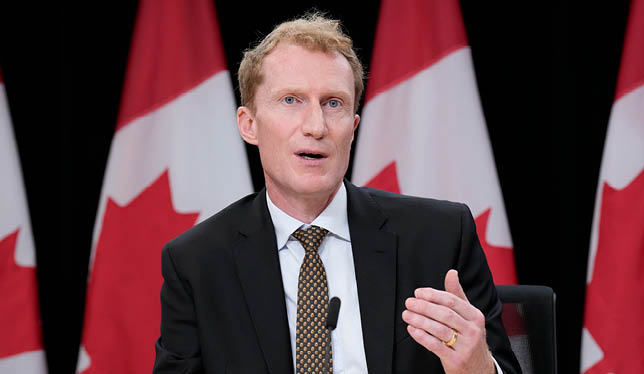
It wasn’t the news Canada’s international education sector wanted to hear, but the recent federal announcement of further cuts to study permits next year also contains some much-needed clarity for educational institutions, sector leaders say.
Minister of Immigration, Refugees and Citizenship Marc Miller announced Sept. 18 that this year’s first-ever cap on new international student study permits is “here to stay” and that it will see a further 10 per cent cut in 2025. That level will be maintained for 2026. Master’s and doctoral students, previously exempt, will be folded into the capped numbers next year but will have 12 per cent of spots reserved just for them.
“We would have preferred no further cuts,” said Larissa Bezo, president and CEO of the Canadian Bureau for International Education. “However, we do now have a two-year runway for institutions. We know what the allocations will be for 2025, we have stability into 2026 … So that does give institutions a much longer runway to work with for planning purposes.”
The changes were announced as part of a broader package to rein in the number of temporary residents that the Liberal government wants to bring down from 6.5 per cent to five per cent of Canada’s population over the next three years. International students and recent graduates made up nearly half of the total 2.5 million temporary residents in 2023.

The temporary resident program “has been important to the growth of the country,” Mr. Miller told reporters at the Ottawa news conference, but “we have allowed certain aspects of this to get overheated, and probably for too long.”
Additional new measures announced include requiring post-graduation work permit (PGWP) applicants from Nov. 1 on to demonstrate their language proficiency, and further restricting spousal work permit eligibility later this year to spouses of master’s students who are in programs at least 16 months long .Graduates of bachelor’s, master’s and doctoral degree programs will remain eligible for post-graduate work permits for up to three years, Mr. Miller said: “These graduates are more likely to acquire transferable knowledge and skills and be able to adapt to changing economic circumstances over the long term.” However, college program graduates will only be eligible for PGWPs if their program is linked to labour markets deemed to be in long-term shortage, something expected to result in an eventual 175,000 drop in the permits.
Last January, Mr. Miller announced a limit of 360,000 new study permits for 2024, controlled through a cap on the number of study permit applications processed for international applicants to each province’s postsecondary institutions. The total number of approved new study permits is expected to be a maximum of 485,000 this year when master’s and PhD students are factored in, and 437,000 next year, when the new cut takes effect. All told, the plan is expected to result in 300,000 fewer study permits over the next three years, Mr. Miller said.
“Simply put, the international student cap is here to stay,” he said, while also acknowledging that “[t]his is a turbulent year for postsecondary institutions” and that he had heard the sector’s calls for predictability.
Read also: Universities struggle to keep up with constant international student policy changes
Gabriel Miller, president and CEO of Universities Canada (publisher of University Affairs) commented that the news was “not all bad” and that “we’ve got clarity. We know what the government’s targets are for the next two years and we know what the rules of the system are going to be.”
However, “the most important thing about [the] announcement is what we didn’t hear,” he said, “and that’s an airtight plan to repair Canada’s reputation, which has taken a beating as a result of the cap that was implemented earlier this year.”
That’s a worry for the head of the Council of Ontario Universities too, which has advocated for government policy focused on attracting high quality international students.
“Any change that creates greater complexity or uncertainty that could discourage the brightest and the smartest students from coming to Canada is a concern,” said Steve Orsini, COU’s president and CEO. The organization would like to see Ontario universities receive all of the province’s study permit allocation for master’s and PhD students as well as no further reduction to universities’ current portion for undergraduate students, which he said was 16 per cent of Ontario’s total.
Universities Canada expects that international student enrolment numbers, even under the 2024 cap, will be “far lower than anyone anticipated,” Gabriel Miller said. That raises the question why the federal government would drop this year’s study permit cap even further. Ms. Bezo noted that while the cut is unnecessary, it makes more sense in light of the increasing political pressure the Liberal government has been under to show progress in bringing the temporary resident population down after years of significant growth.
Read also: Tracking international student study applications
“The optics of even a 10 per cent decrease, from the federal government’s perspective, was important because they needed to be seen as continuing to act decisively on this challenge,” she said.
The work ahead now for the sector she added is to get the message out to the world about the many opportunities still available in Canada as a quality study destination and to make the case domestically about “the critical importance of global talent to Canada.”
The sector needs to “come together and frame out that narrative around the value, both domestically and internationally,” she said. “Everyone within institutions has a role to play.”
Colleges and Institutes of Canada, which has 138 colleges and institutes in its membership across the country, said in a statement that it appreciated that the cap announcement for the next two years provides “predictability in planning.” However, it also stated that limiting post-graduation work eligibility to international students graduating from college programs tied to labour markets in shortage will force colleges to align with national labour market targets instead of local needs, contributing to “significant harm, specifically to local communities.”
The recent announcement and changes show that the federal government is recognizing the value of Canadian university-educated international students and graduates to the economy, said Gabriel Miller. But, “we still have a lot of work to do and it’s really important that [the government] pivot now with us to reassuring the rest of the world about Canada’s commitment to competing for talent.”
Featured Jobs
- Geography - Assistant Professor (Indigenous Geographies)University of Victoria
- Biochemistry, Microbiology and Bioinformatics - Faculty Position (Microbial Systems Biology, Omics Data Analysis)Université Laval
- Law - Assistant or Associate Professor (International Economic Law)Queen's University
- Business - Assistant Professor (Digital Technology)Queen's University
- Peter Guo-hua Fu School of Architecture - Assistant Professor (tenure-track)Mcgill University






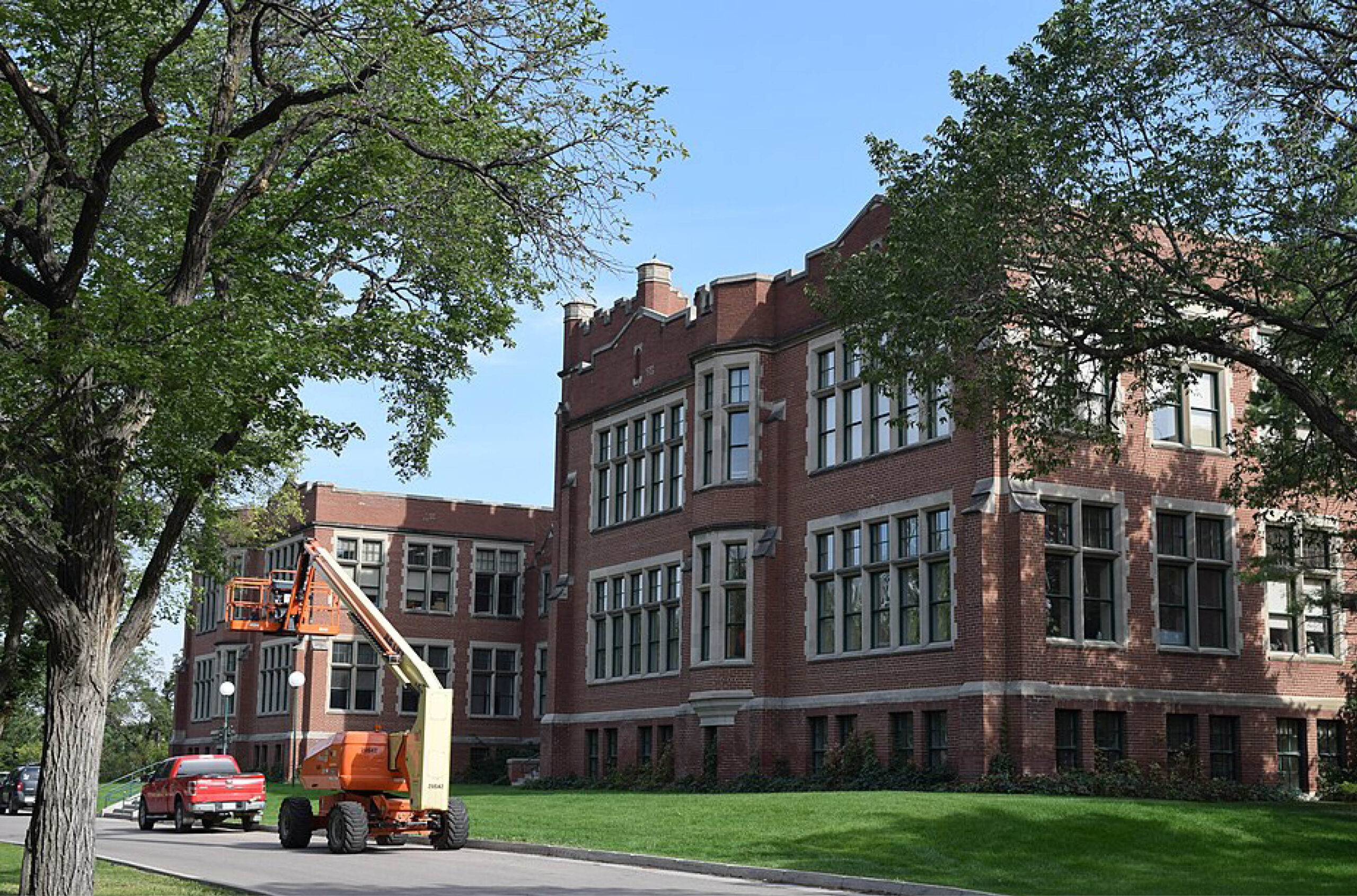





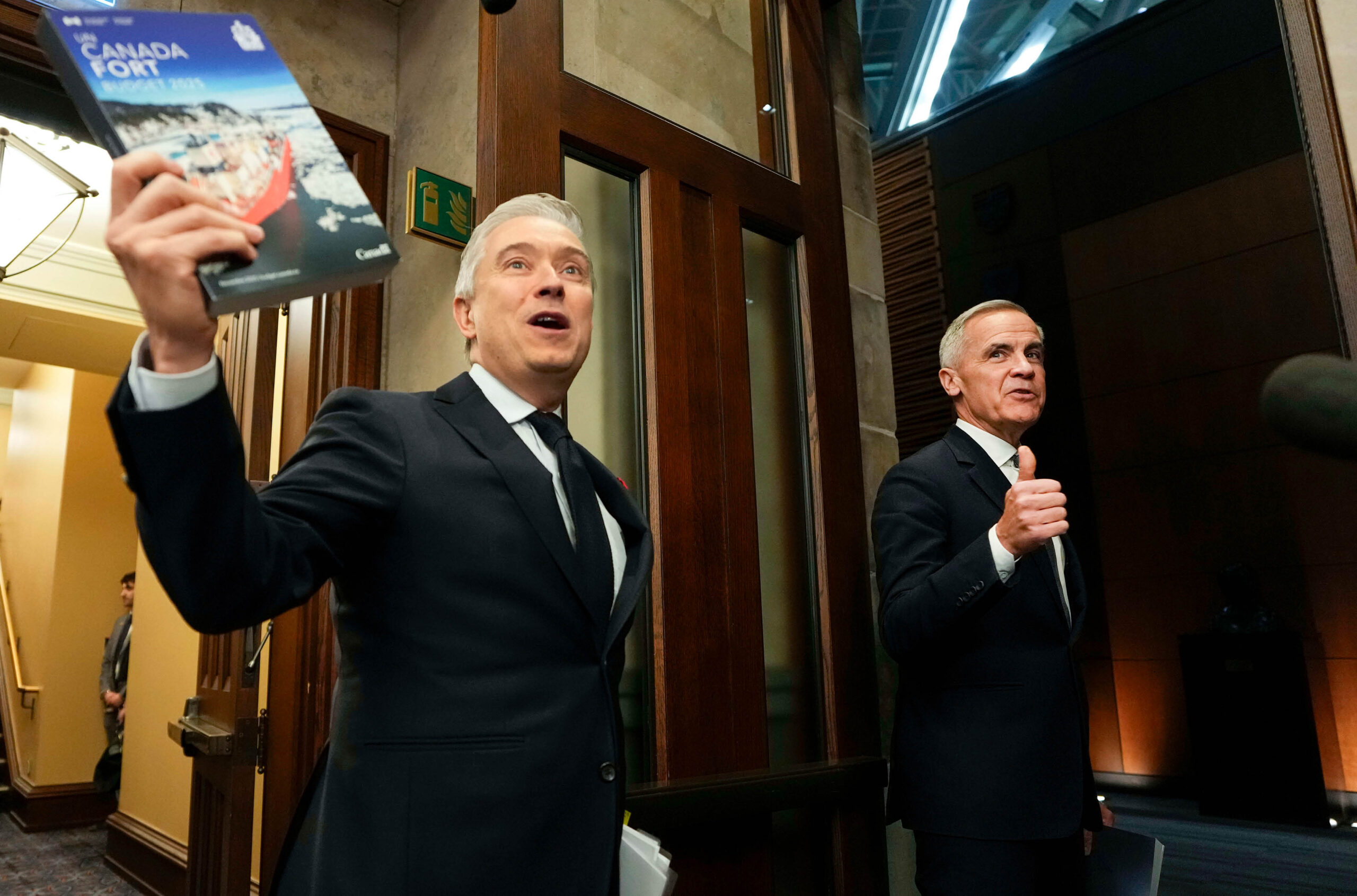
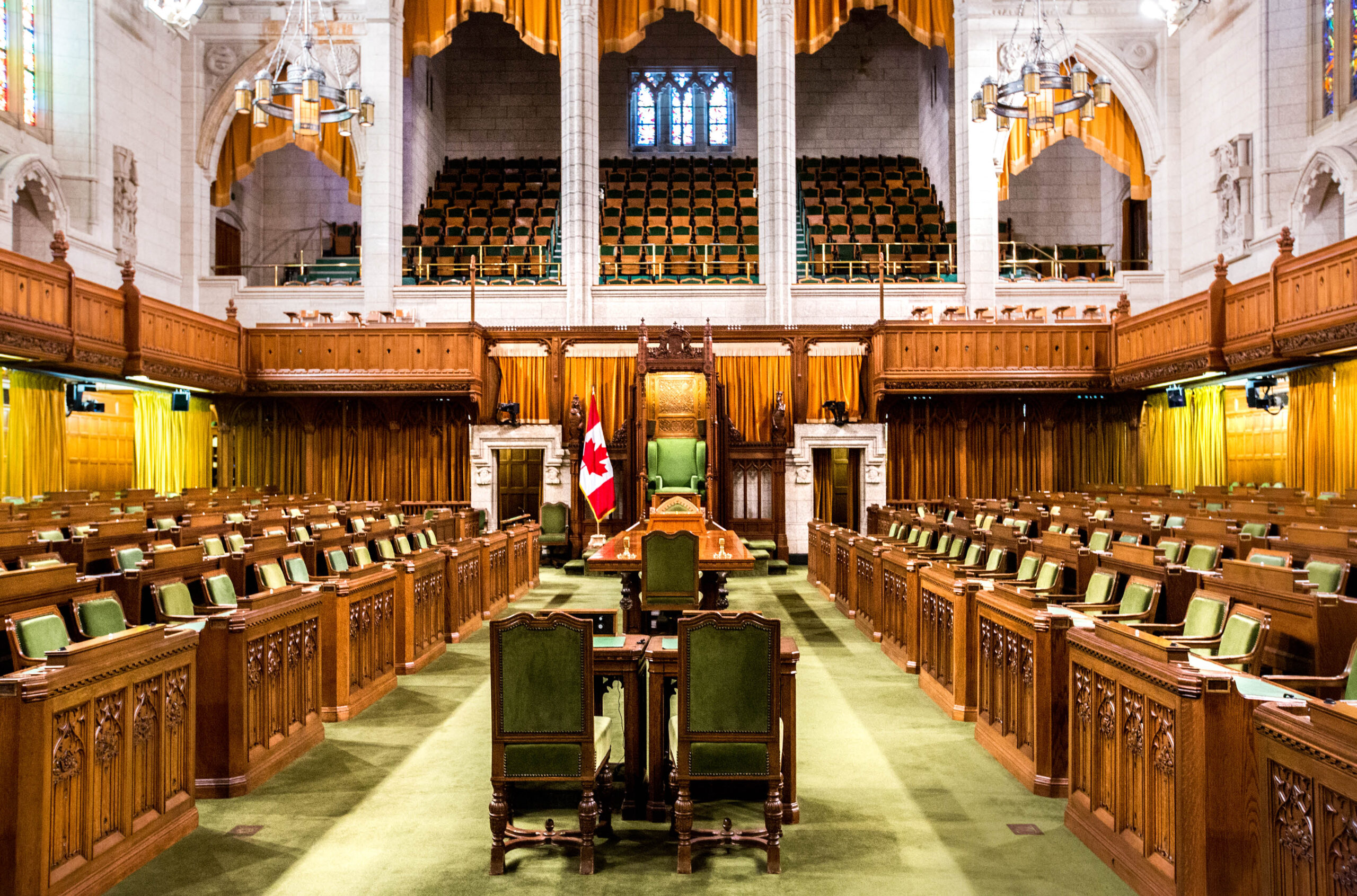
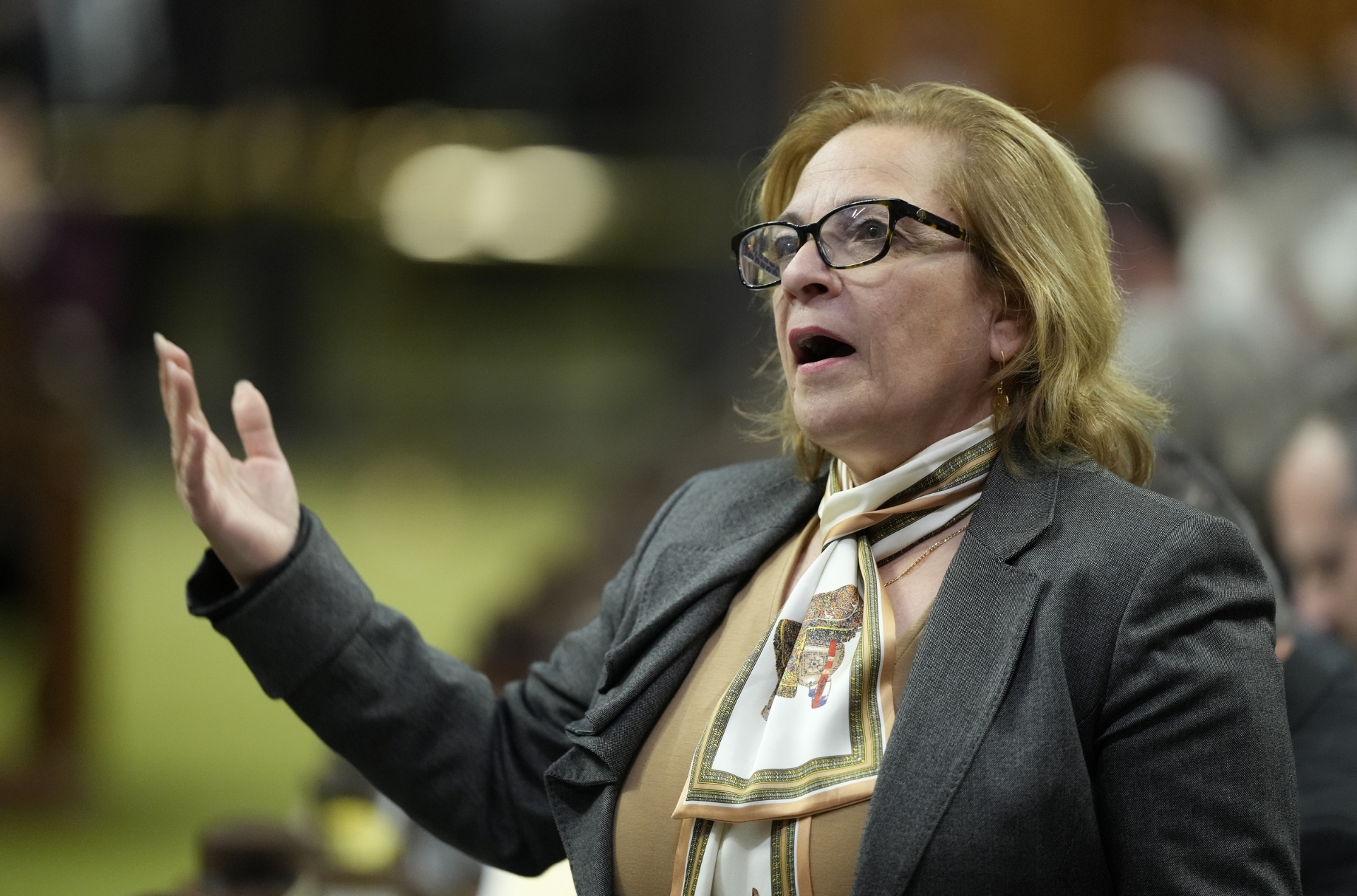

Post a comment
University Affairs moderates all comments according to the following guidelines. If approved, comments generally appear within one business day. We may republish particularly insightful remarks in our print edition or elsewhere.
1 Comments
Let’s be real: A good chunk of these students are here first and foremost to work and then become citizens. They should not be allowed to work in Canada and the fly-by-night and other schools taking advantage of them should suffer the consequences of less international tuition dollars.